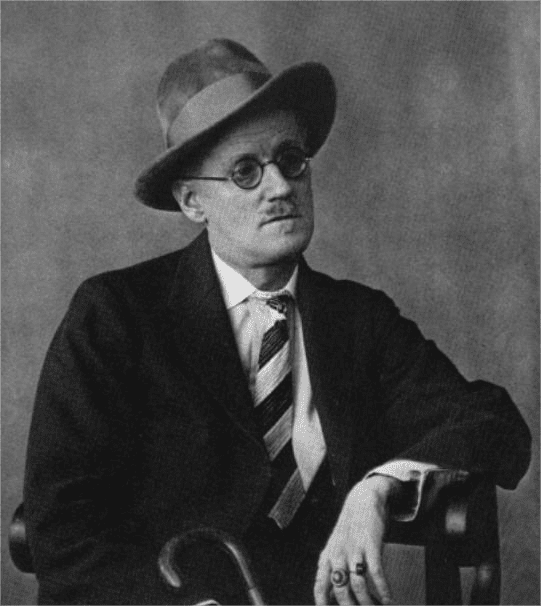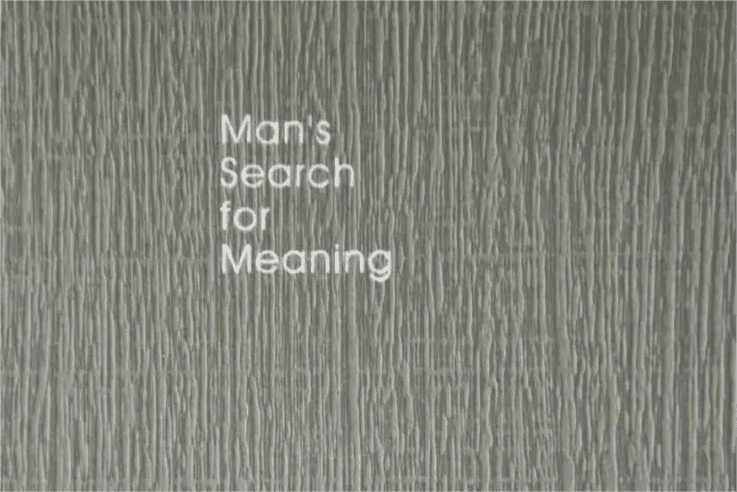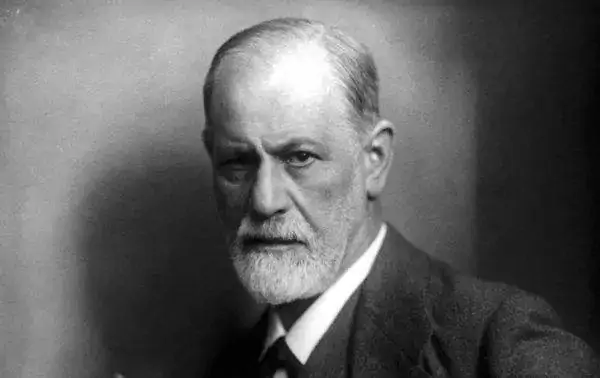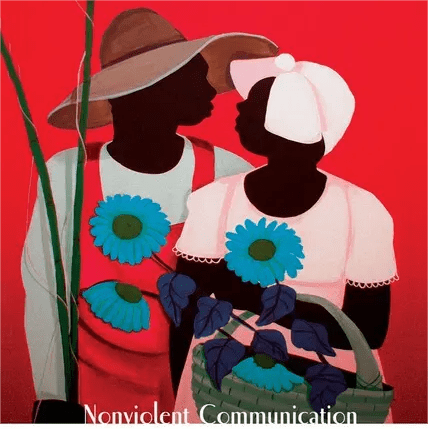Young people have always been an important force for social progress. In all the great stories that have touched China, the world and all mankind, young talents have never been a part of the story. However, in recent news, there have also been some news of young people committing suicide, such as the cliff jumping incidents on Mount Huashan and Mount Emei.
What makes them give up life at the perfect age?
The answer may lie in Tolstoy’s famous line: all happy families are alike; each unhappy family is unhappy in its own way. If you read the world classic “The Sorrows of Young Werther” from such a perspective, there will be more insight and inspiration.
The Sorrows of Young Werther was published in 1774 by Goethe, who is known as one of the greatest German writers. He wrote many books. He became famous early for The Sorrows of Young Werther and later for Faust.
“The Sorrows of Young Werther” is not a long book. It is said that Goethe completed the work in four days, and the average reader can read it in about two hours.
Even more interesting is that the plot of the novel is not entirely fictional. The first part is strongly autobiographical and the second part is based on the actual events of a friend of Goethe’s. The novel is written in epistolary form, consisting of a letter written in the first person, so it feels very real.
When I first read “The Sorrows of Young Werther” in middle school, I had the impression that Werther was a passionate and emotional teenager. He loved Lotte with all his heart, but Lotte already had a fiance, so Werther was forced to kill himself with a pistol.
At that time, I didn’t like the task of Werther, because I thought he was neurotic, unstable and too fragile. He even committed suicide because of a broken heart. I didn’t know why such a novel could become a classic. Until recently, I reread The Sorrows of Young Werther.
Perhaps life experience has given me more possibilities to understand, and this feeling is different from that of my youth. I saw the multiple pressures that Werther was burdened with, not only from the feudal society’s repression of personality, but also from the conflict of inner self-consciousness, and more from the real life helplessness and despair.
And love, is just the last straw to crush Werther.
It would be too one-sided to generalize the novel as a love story in which Werther committed suicide after failing to pursue Lotte, and it would be too hasty to talk about the novel itself without its historical background. Witt’s seemingly fragile act of suicide deserves a richer and deeper explanation.
1. Tragedy is the destruction of something beautiful for you to see.
Witt was born into a wealthy middle – class family, with a kind nature, free – spirited. At the beginning of his sorrow only because of a “small love” — a pair of sisters in the sister fell in love with him, but he was in love with his sister, in order to reduce the harm decided to leave the sisters, choose to go to a strange city alone.
Werther was in a beautiful mood all the way. He is optimistic and positive to look at life, from the perspective of others to think about the problem, think that “everything will be solved smoothly”, his mother worried about aunt is a bad woman’s worry is unnecessary, “misunderstanding and laziness may be more than cunning and malicious to ruin things”; The town he lived in had “an indescribable natural beauty,” and the little things that made him happy, “completely immersed in the pleasures of solitude.”
Werther was well aware that the world was not equal and could not be equal, but he never alienated “inferior people” in order to maintain his status as “superior.” He came happily to Walheim, the little mountain village, and got on very well with the poor people there. He liked to play with the poor children, to share with them sugar and bread and butter and yogurt, and every Sunday he gave the Philip children a copper coin. He was also very concerned about the lives of the villagers, and would listen carefully to the farmer about his love for his master’s widow, and understand the sincerity of this feeling from the farmer’s point of view.
He fell in love with her because the first time he saw her, she was surrounded by six children (her brothers and sisters), she carefully divided the bread for them, and talked to them tenderly. It was this image of maternal love, and the warm and tranquil feeling, that fascinated Werther.
In short, the hero Witt was originally a no problem of positive energy youth, is the so-called “benevolence, wisdom, wisdom”, because his heart is full of good, so all eyes are beautiful.
But it is precisely because this beauty is too perfect, so when reality attacks, Witt’s values collapse, just like a tower rising to the sky, once the collapse will cause much more damage than the thatched house.
As we often say, the greater the expectation, the greater the disappointment. And the so-called tragedy, is the beautiful things destroyed for you to see.
When Werther returned to Walheim after traveling for more than half a year, he found everything was devastated. The poor people were even more poor. The child he had supported silently died, and the father of the child was also seriously ill. And the farmer who passionately loves his mistress is sentenced to death for murder. In order to save him, Werther runs around and “the crime is unpardonable”. Albert, Lotte’s betrothed, who had once been very friendly and warm, clearly disliked him; And the most valued by Werther, the “angel” who was kind, innocent and pure without scheming, also became a “smart” woman. She tried her best to maintain the decency of feudal ethics, and coveted Werther’s crazy love for her, which not only revealed the love of Werther in her heart, but also stuck to the fate of feudal marriage.
We are the same in reality, do you think, when betrayed by whom, our heart hurts the most? Is it the enemy? Is it a stranger? No, it hurts the most when we’re betrayed by the people we love the most.
Because there had been a reunion, the separation was more sad, because there had been happiness, then the misfortune was more painful, because there had been a good, and then the dilapidated is more desperate.
2. Everyone wears a mask of hypocrisy.
Not wanting to trouble his beloved Lotte or embarrass Albert, Werther left Walheim and ended his free life.
Werther first went to work in the legation, but the minister was a very serious bureaucratic boss, who found fault with Werther’s manuscripts. When he found Werther was close to Count C, he became dissatisfied and made difficulties everywhere. Count C appreciated Werther’s talent very much. He invited Werther to his home for a party, but because of the opposition of other nobles, he “invited” Werther, so that Werther was ridiculed and despised. At the same time, he also saw through the ugliness and hypocrisy of feudal social hierarchy. Vitter angrily quit public office, once should be a marquis general’s invitation to live in the hunt, but the Marquis hijrut, old rigid, two people in the spirit of difficult to communicate, Vitter can only leave again.
To use the popular phrase, God knows what Werther went through! Frustrated in love, unmet talent, criticized by people, lonely spirit…… Today’s double loss youth is at most lovelorn + unemployment, but Witt has lost almost everything.
In our age, if you are willing to work hard, you can always make a comfortable living with your own life. We have the right to pursue freedom and expression of will, as well as the right to pursue justice and morality. Happiness, even if it is temporarily gone, will never be far away.
However, Werther was not. He was in the feudal society in Europe, facing injustice, he had no hope of changing except complaining in heart. Facing the nobles who slandering him, he was full of anger, but no one wanted to understand him.
Everyone wears a mask of hypocrisy and is bound by the feudal hierarchy in a world of mutual conflict, hypocrisy, selfishness and complicity. Witt’s despair lies not in his own treatment, but in his anger against the feudal society’s oppression of humanity.
For what is worse than evil is hypocrisy. Hypocritical people can make you feel cheated and betrayed, which eats away at your self-esteem. As the saying goes, sad love, not because of the loss of that person, but that person’s rejection and denial damage your dignity as a person. Hypocritical people create self-doubt and denial.
3. Loneliness begins when you fall in love with someone.
Witt fell in love with her at first sight, not because of her beauty, nor because of her talent, but because of her kindness and love. She took care of her brothers and sisters with all her heart, took the initiative to help the poor and poor people, and had compassion for the misfortune happening around her, which was a kind of temperament close to the “Virgin”. And in the daily relationship, Witt also learned that Green Tie warm, cheerful, understanding side.
But the fact that Lotte had a fiance stood between them from the beginning. So Werther loved her as if she were his sister, and Lotte enjoyed her love with ease. Until Albert came back, he was so kind and warm to Werther that Werther praised him so much that Werther left Walheim to spare them both.
However, the outside world will not give him sympathy and comfort because of his broken heart, but give him heavy blows again and again. He is not met with talent, and he runs into walls everywhere. Witt finds that his values of optimism, kindness and friendship are incompatible and vulnerable in the face of feudal reality. All outward hope was gone, and Werther had to cling to the last straw of love, thinking that if the world could not accept him, there was still Green to take him in, and the little mountain village of Walheim to heal.
So Werther went back to Walheim, the paradise in his heart, but he realized that “things have changed since the vicissitude of time.” Even the remote mountain village could not escape the vicissitude of the world. The poor are always treated unfairly and unfairly. They don’t have the power to change their lives, let alone the opportunity to change their lives.
The final blow was dealt by the husband and wife team of Lotte and Albert. Albert was no longer as friendly as he had been to Werther before the marriage, and even made it clear that he did not welcome this “rival,” though Werther had restrained himself and never behaved errantly toward Green Tie. What hurts the most is Green Tie’s attitude. She released the signal of “I like you very much” to Werther, and when she broke, she gave Werther endless hope, but again and again used the feudal ethics as a weapon, severely stabbed Werther’s heart.
Wendy was selfish, and Werther saw this selfishness. From the moment he fell in love with Wendy, he was doomed to be lonely. He used to think that Lotte was the only person in the world who could fully understand him and understand him, but in the end, he was just a victim of feudal ethics. It was Lotte who succumbed to feudal marriage and pursued a little bit of freedom and love. She would not fight for Werther, and she would not stand by Werther.
Even the most perfect lover is no longer perfect, and love becomes the last straw that breaks Werther’s back. At this point, he walked into the abyss of despair, borrowed a pistol from Albert, ended his life.
As Werther and Albert once argued passionately, his suicide was not because of cowardice, but rather a sweeping indictment of social injustice, a cry for freedom against the liberation of individuality, and a strong rebellion against the feudal system that suppressed humanity.
After reading The Sorrows of Young Werther, did you understand Werther? I think we really should be grateful for The Times we live in. What could make you feel more hopeless than Werther?
Despite the poverty and injustice in the world, the ugly side of human nature will not disappear completely, but we can willfully pursue individuality, we can love freely, we can choose the life we want, as long as you want, life is unlimited.









